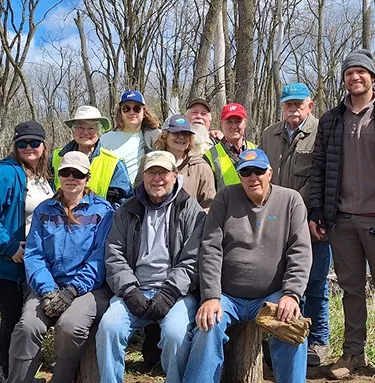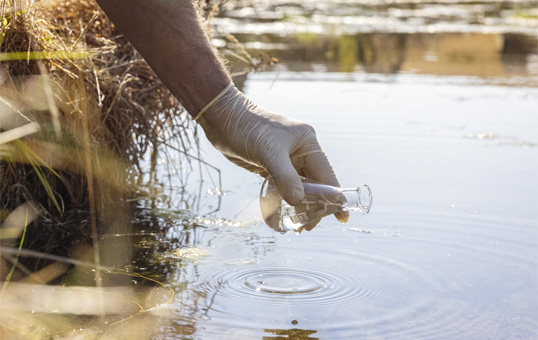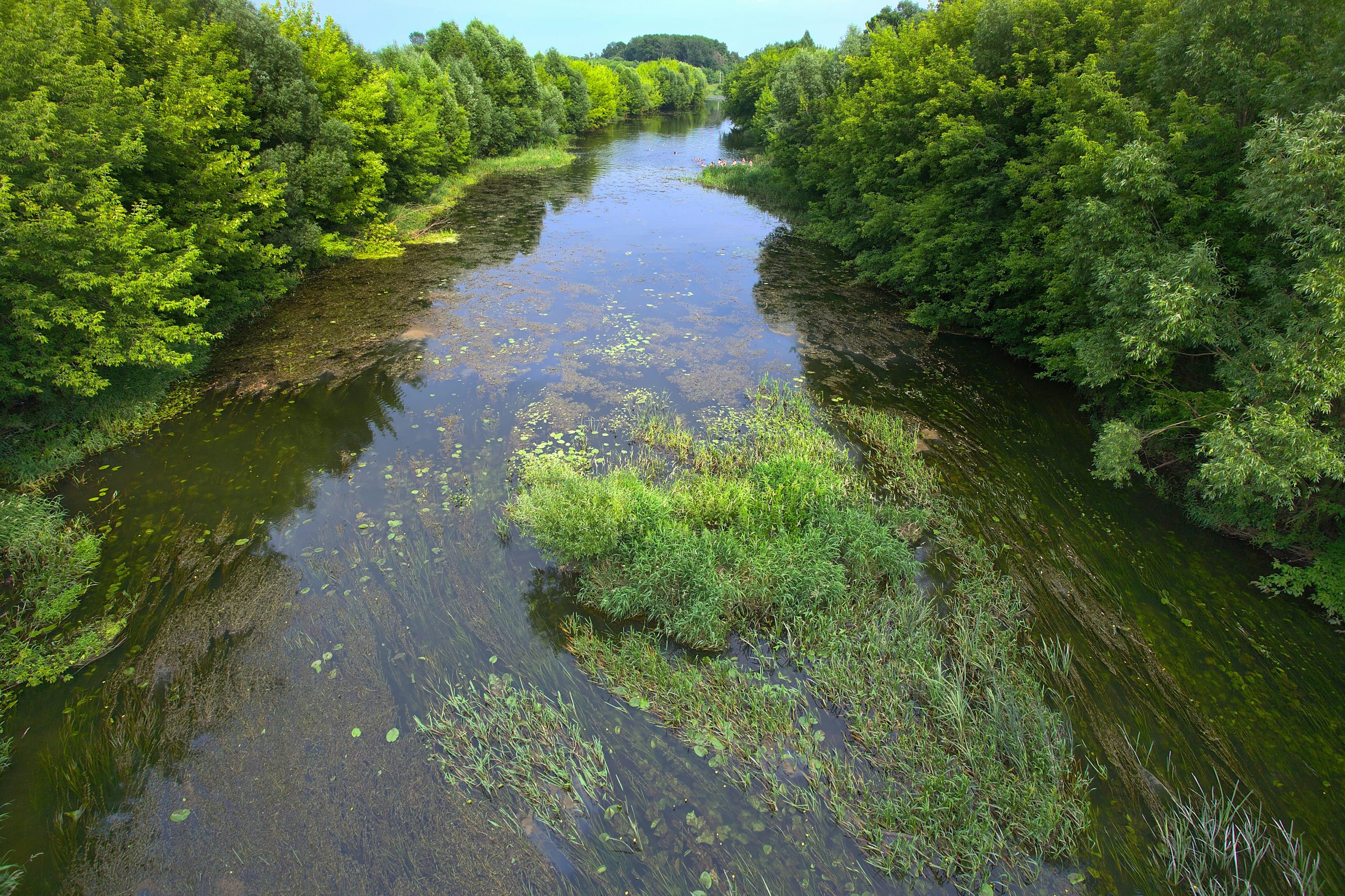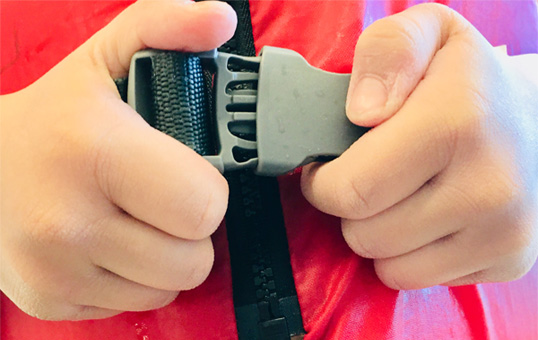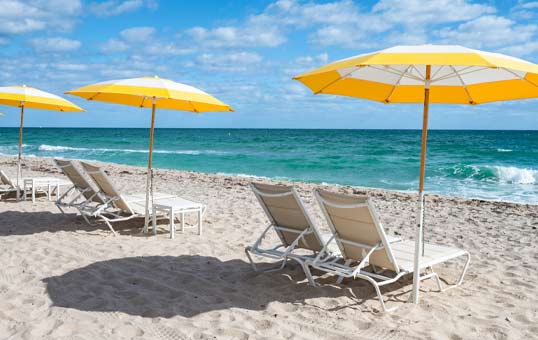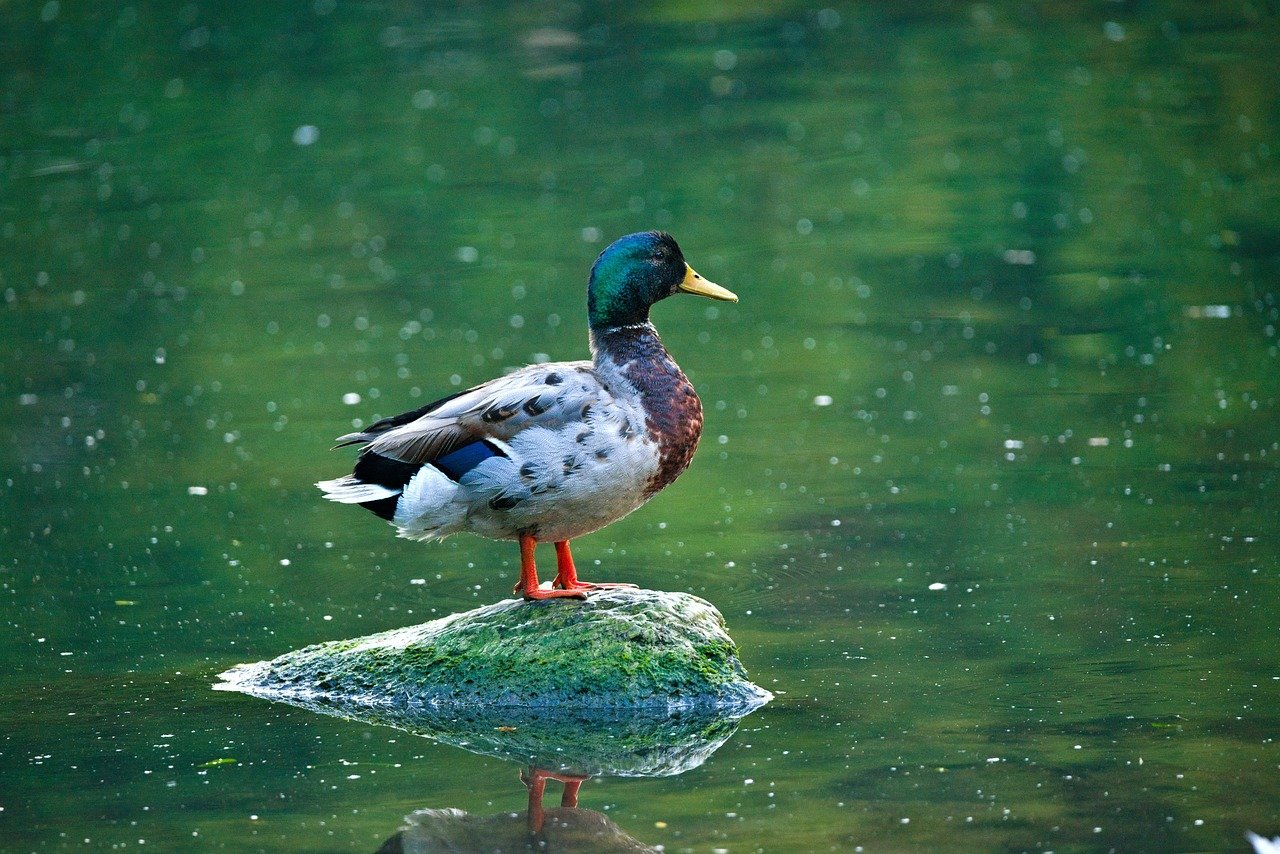Trending Links
Laboratory
City of Racine Laboratory Division
The City of Racine Public Health Department – Laboratory is committed to protecting water, a vital resource for public health, the environment, and community well-being. The division monitors and improves water quality across Racine, ensuring safe recreational waters for residents and visitors. Through rigorous testing, hands-on restoration, and nature-based solutions, local ecosystems are safeguarded, waterborne diseases are prevented, and outdoor recreation is supported.
With a strong track record in water quality monitoring, site assessments and restoration, the laboratory enhances resilience at North and Zoo Beaches and Samuel Myers Park by reducing pollution and strengthening coastal habitats. A science-based approach guides these efforts, providing data that informs policy, supports sustainability, and fosters community engagement. These initiatives protect water quality, create green spaces, and ensure Racine’s water resources remain healthy for future generations.
Internship Opportunities
The City of Racine Public Health Department – Laboratory Division offers seasonal internship opportunities for college students pursuing degrees in environmental science, geoscience, biology, freshwater sciences, public health and other similar degrees. These internships provide hands-on experience in beach water quality monitoring, site assessments, laboratory analysis, data entry, and reporting.
Interns will assist in the department’s beach monitoring program, which includes collecting water samples, testing for E. coli, and analyzing the results to ensure the safety of beachgoers. They will also participate in field assessments, which include shoreline surveys and monitoring water conditions, contributing directly to the department’s ongoing efforts to maintain safe recreational water quality. Interns will gain practical experience with sampling protocols, laboratory testing methods, and environmental monitoring practices.
Throughout the internship, students will receive mentorship from environmental health professionals and laboratory staff, gaining knowledge of water quality testing methods and environmental factors affecting water safety, such as stormwater runoff, erosion, and other related aspects. This unique opportunity will allow interns to participate in meaningful projects that contribute to the preservation of public health and natural resources.
Internships run from late May through early September. These internships are posted on the City of Racine’s Human Resources page between late March and early May. To view employment opportunities, please visit Human Resources Jobs page. All qualified candidates are encouraged to apply.
If you’re passionate about environmental science and public health and want to gain valuable experience in water quality monitoring and laboratory work, this is an excellent opportunity to develop your skills and contribute to meaningful community health efforts
Frequently Asked Questions
Beaches may be placed under advisories or closed when water testing shows elevated levels of E. coli, which indicates potential fecal contamination. High bacteria levels pose health risks especially for young children, older adults, and individuals with weakened immune systems. Dangerous swimming conditions like strong currents or high waves may also trigger closures or advisories.
We test for E. coli because its presence indicates that water has been contaminated with fecal matter. Since E. coli is common in the intestines of warm-blooded animals, its detection suggests that other harmful pathogens, such as Salmonella, Shigella, Campylobacter, and Norovirus, might be present. Moreover, studies have shown that elevated E. coli levels in water correspond to an increased risk of gastrointestinal illnesses. Testing for E. coli is simple, cost-effective, and a reliable way to protect public health.
The City of Racine Public Health Department Laboratory performs water quality testing Monday-Friday at North Beach and Zoo Beach. The off-shore swim zone at Samuel Myers Park is tested once per week. You can check real-time beach status through local resources such as the Wisconsin Beach Health Website, or the City of Racine Public Health Department Facebook Page.
Fecal bacteria can enter the water from multiple sources:
- Rainfall washes contaminants from roads, sidewalks, and lawns into the lake.
- Waste from wildlife and pets contributes additional bacteria.
- Sewage overflows or issues at wastewater treatment plants may also add contaminants. Additionally, strong waves can stir up bacteria that have settled in the sand, temporarily affecting water quality.
Swimming in contaminated water can lead to health issues such as nausea, diarrhea, stomach cramps, fever, and infections of the eyes, ears, nose, and throat. Those with weakened immune systems are particularly at risk. If you experience symptoms after swimming, it is important to seek medical advice.
Protecting water quality is a community effort where every small action matters. Here are a few important practices:
- Avoid feeding birds, as this encourages large gatherings that increase waste.
- Dispose of trash properly and clean up after pets.
- Reduce the use of fertilizers and pesticides at home to prevent chemical runoff.
- Never dump household waste, oil, or chemicals into street drains.
Report an illegal discharge or dumping event using the Wisconsin DNR Violation Tip Hotline online form or by calling 800-847-9367. Violations may also be reported to the Public Health Department by calling 262-636-9203 or emailing PublicHealth@cityofracine.org
Beach conditions are updated daily on signs at each location:
- Green indicates the water is safe for swimming.
- Yellow means an advisory is in effect, signaling elevated bacteria levels or dangerous currents or waves. Those with compromised immune systems and weaker swimmers may want to avoid swimming at these times.
- Red signifies that the beach is closed due to unsafe conditions, either elevated bacteria levels or dangerous currents and waves.
You can also check real-time updates through local resources such as the Wisconsin Beach Health Website, or the City of Racine Public Health Department Facebook Page.
Lifeguards are present at North Beach ONLY from June through August from 10 am until 6 pm. Visitors are HIGHLY recommended to swim only within the “Protected Area” and should avoid swimming in either unprotected areas or “No Swimming” zones. Due to limited availability of certified lifeguards, lifeguards are NOT staffed at Zoo Beach or the Samuel Myers off-shore swim zone. Please see the Water Safety in Racine County Storymap for more information.
No, with the exception of service animals, dogs and other animals are not allowed on City beaches by municipal ordinance Section 70-90.
Racine offers several dog-friendly parks where pets can safely play off-leash:
- Island Park Dog Park – Located at 1700 Liberty Street in Racine, this recently opened park offers ample space for dogs within a 21-acre area that also features playgrounds, ball diamonds, and access to the Root River.
• Karen A. Nelson Memorial Dog Park at Quarry Lake Park – Located at 3533 Northwestern Avenue in Racine, this fenced 4-acre park provides separate areas for large and small dogs, picnic tables, and pet waste stations.
• Johnson Park Dog Run – Situated at 4829 Highway 38, this 17-acre wetland adjacent to the Root River gives dogs an open area to run, though it is not fenced.
Feeding gulls and geese is harmful to both water quality and the birds themselves. It encourages unnatural behavior that results in large flocks, leading to more waste and higher E. coli levels in the water. Moreover, the food provided by humans often lacks the proper nutrients, negatively affecting the birds’ health. For these reasons, feeding gulls is illegal, and we strongly encourage visitors to refrain from doing so to help maintain a cleaner, safer beach environment.


